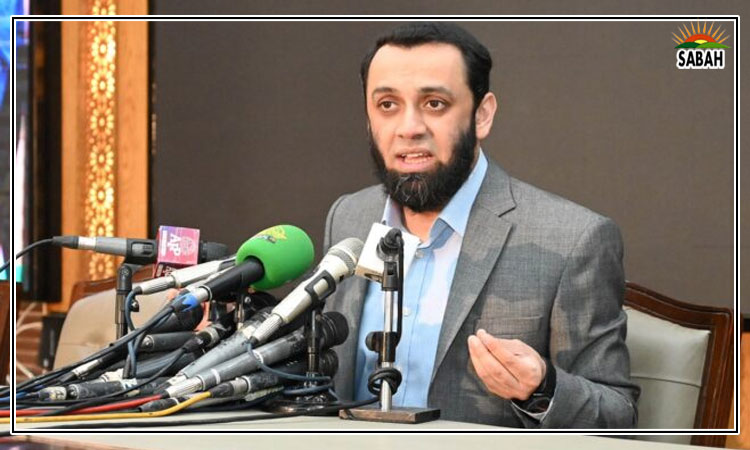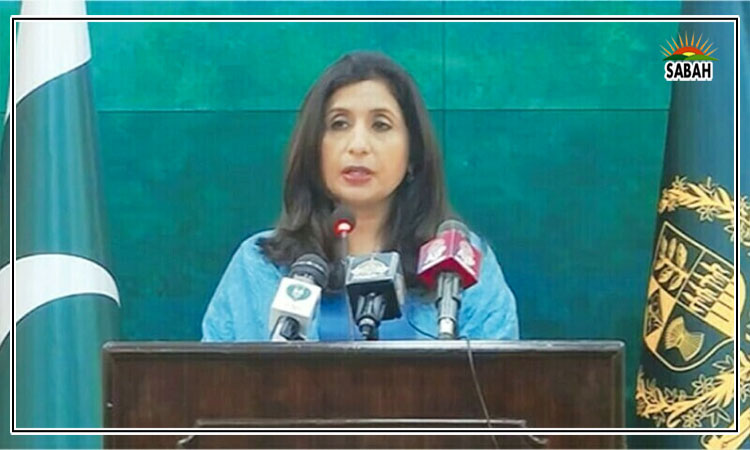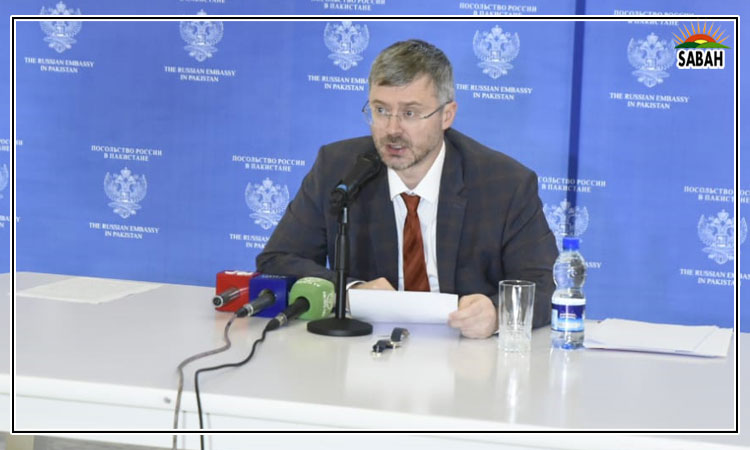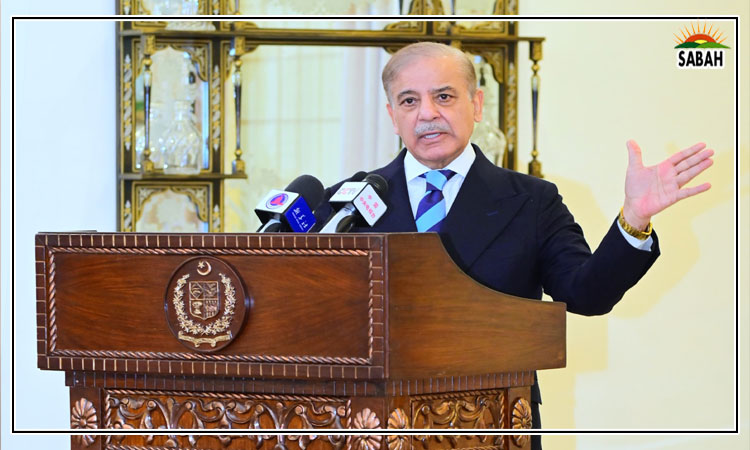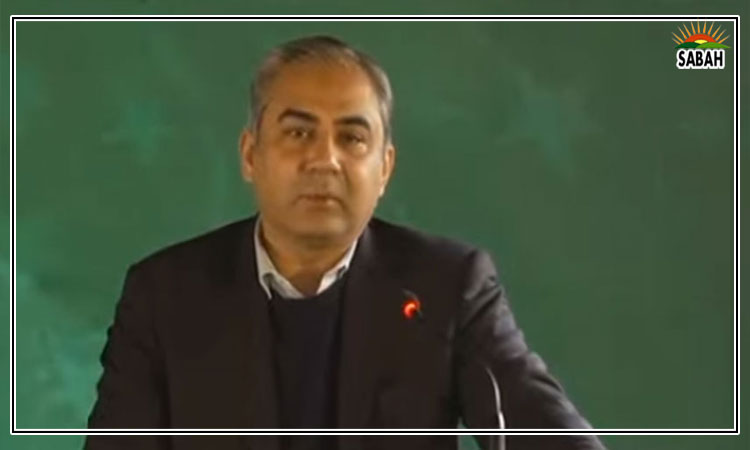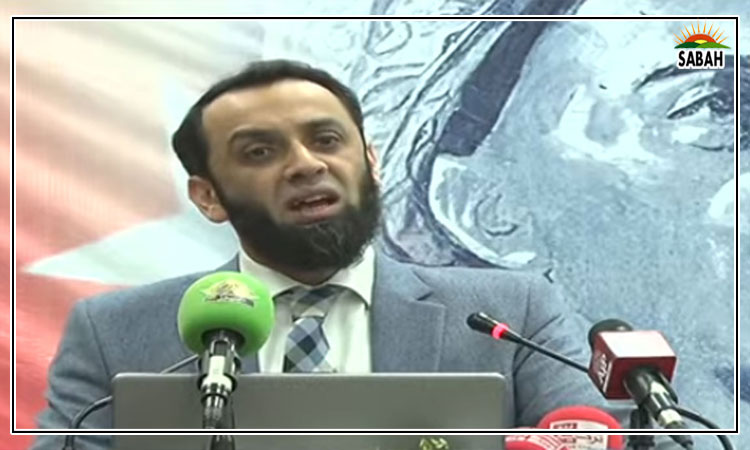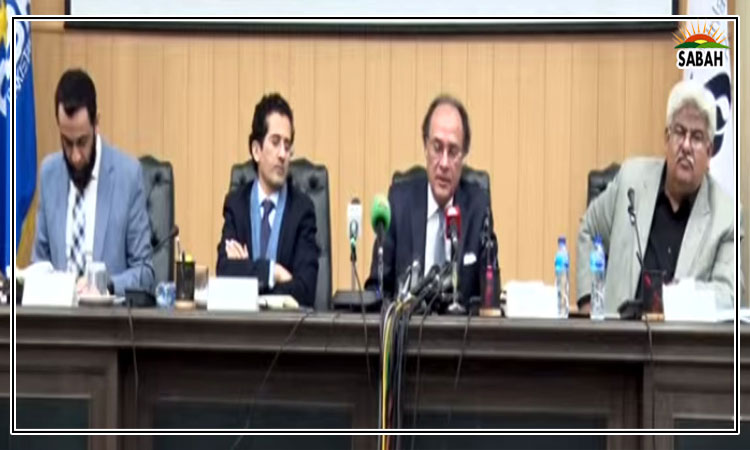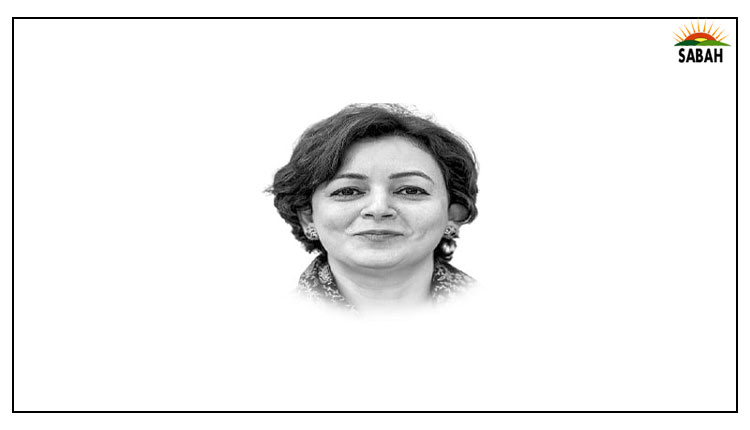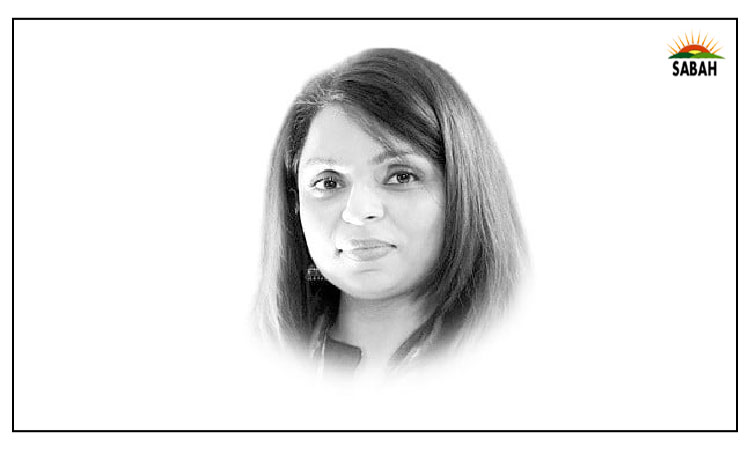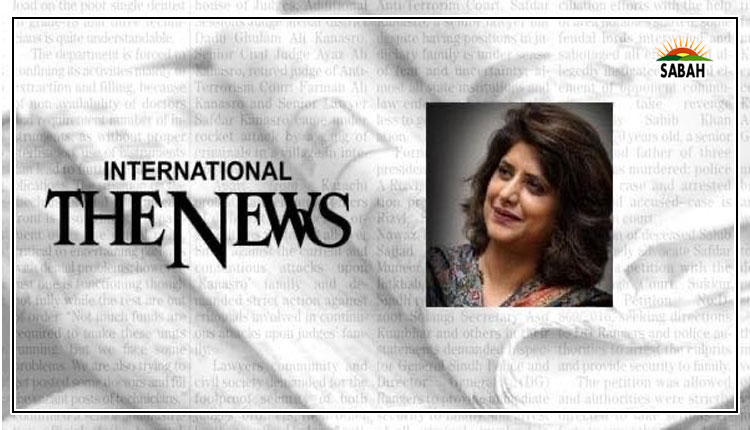A remarkable legacy…Dr Arfana Mallah
Benazir Bhutto, often referred to as the daughter of the east, performed various roles throughout her dynamic political career.
To her loyal supporters, she embodied the legacy of her father, Zulfikar Ali Bhutto, and wholeheartedly embraced the title of “daughter of Bhutto.” However, her unwavering dedication to her jiyalas distinguished her as more than just a political figure. This connection with the people posed a threat to Pakistan’s power structures, who saw her as a threat.
In the eyes of the mainstream media, she was a shrewd politician who inherited a party. Internationally, she was seen as a formidable figure capable of exerting pressure on the establishment when required. Yet, for the thousands of common men and women who traveled great distances to welcome her back to Pakistan in 1986, she represented the epitome of hope, prosperity, and empowerment.
At the age of 34, standing before a charged crowd that had traveled great distances, Bhutto exuded an aura of strength and charisma. The people who had gathered to welcome her back to Pakistan came from the rugged Himalayan Mountains to the fertile plains of Sindh, all seeking inspiration from their beloved leader. To them, she represented their strength. She held them dear to her heart, addressing them as “Aap ki behn, Aap ki beti. Benazir Bhutto’s profound reverence for her jiyalas was evident. To her, they were not just supporters but family members deserving of utmost respect.
Benazir Bhutto’s legacy extends far beyond the political realm. While she held different identities and faced varying perceptions, it was her connection with the common men and women of Pakistan that truly defined her.
She never demanded sacrifices from her jiyalas, but always stood in front of them, shielding them. While some may perceive this sentiment as political maneuvering, detached from the realities of the urban middle class or elite, Bhutto shared a genuine bond with the men and women of her country that required no mediator. Their shared struggles formed the foundation of this unique connection.
When she was tragically assassinated in 2007, the whole country went into mourning. People mourned her loss with cries of You killed our sister. It was a poignant reminder of the profound impact Benazir Bhutto had on the lives of those who saw her not only as a leader but as a beloved sister and daughter. Perhaps it was the moment the world realized how deeply she was interwoven into hearts of her people, who grieved her death as they would their blood relations.
Benazir Bhutto’s relationship with her jiyalas transcended mere political alliances. It was a profound bond that united her with the nameless, faceless masses who placed their trust in her. One unforgettable incident that epitomized this connection occurred in October 2007 when her container was bombed. Instead of prioritizing their own safety, her jiyalas clung to the container, determined to shield her from harm. The unwavering loyalty and readiness to sacrifice their lives mirrored the devotion she had for them.
In her final book, Reconciliation: Islam, Democracy, and the West, Bhutto acknowledged the imminent danger she faced, and the warnings issued by friendly countries. Nevertheless, she chose to return to Pakistan, fully aware of the potential death trap that awaited her. Her people needed her, and she placed her life in their hands, driven by her commitment to their well-being and the restoration of democracy.
Benazir Bhutto unequivocally disavowed politics rooted in violence and hatred, instead embracing the essence of democracy. For her, true democracy meant empowering the people and ensuring their right to choose their leaders through free and fair elections. She took it upon herself to raise democratic awareness among the people and fostered an understanding of democratic values even among rival political parties.
Her brainchild, the Charter of Democracy, aimed to restore democracy and brought her to the houses of both Sharif and Musharraf, extending an olive branch in the pursuit of that goal. Bhutto’s unwavering commitment to empowering the people through a democratic system was her life’s purpose. She fearlessly navigated perilous paths, unafraid to confront the den of wolves in her quest for a stronger nation.
Despite having faced brutal political victimization during Nawaz Sharifs government, Bhutto maintained her commitment to reconciliation. Many of the cases faced by Asif Ali Zardari were registered under the Sharif government, orchestrated by accountability czar Saif Rahman. Yet, Bhutto chose to make peace with Sharif, driven by her unwavering pursuit of restoring democracy. Revenge had no place in her politics. Asif Ali Zardari, in following Bhutto’s path of reconciliation, continued her mission understanding the price of rivalry and violence.
Benazir Bhutto’s bravery lay in her ability to transcend the worst adversities and forge ahead for the sake of her country. Despite enduring relentless scrutiny from mainstream media, extremist factions, and the establishment, Bhutto remained undeterred in her pursuit of peace and democracy. Her unwavering belief in democracy threatened the status quo, eliminating room for interventions by nonpolitical forces. She possessed the international stature and courage necessary to accomplish such a mission.
The democracy that returned at the cost of her blood now finds itself regressing, with political forces weak and divided. Political parties, including the PPP, must learn from Bhutto’s legacy and prioritize empowering political forces, even if they are in opposition.
Benazir Bhutto’s legacy remains an embodiment of unwavering determination, a champion of democracy, and a promoter of peace. Her profound connection with the nameless public and her resolute commitment to empowering the people through democratic means continue to inspire.
As her vision for a stronger democracy faces challenges, it is crucial that her political successors and the people of Pakistan learn from her remarkable political acumen, embrace unity, and work towards a future where democracy prevails over all obstacles.
Courtesy The News


